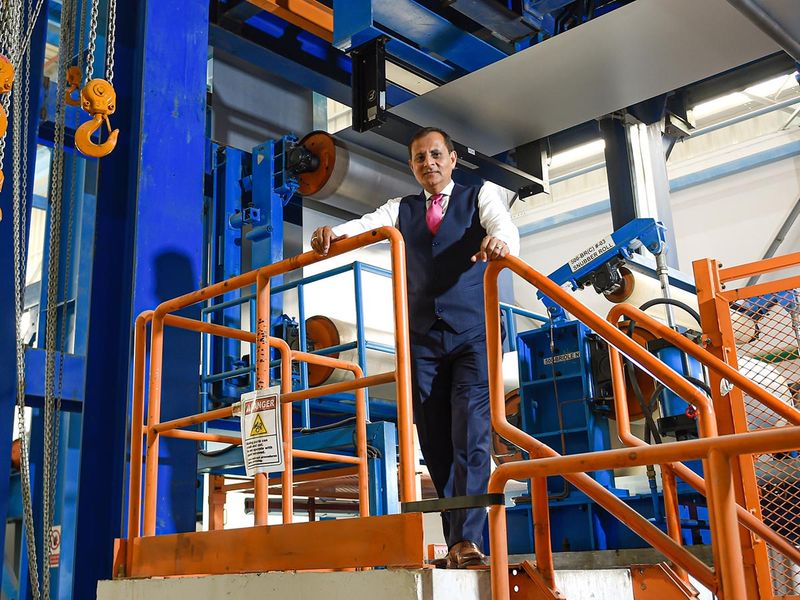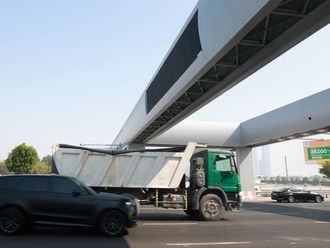
Dubai: The UAE’s construction and building materials sector is facing problems – and the sharp rise in project costs since late 2020 isn’t the only issue now.
“Projects that are getting completed are facing difficulty in getting their payment dues,” said Bharat Bhatia, CEO of Conares, which operates two steel mills in Dubai and is also one of the leading supplier of the key building commodity. “That would have been OK if new real estate projects were being launched. But that’s not happening as developers have drastically cut down on new launches.
“The industry will need all the help it can get from the federal and local authorities.”
One market, two approaches
Recent months have seen some improvement in government-sponsored projects, but in the space occupied by private developers, cash availability is becoming an issue. There is talk in the market of even some high-profile projects being delayed with the main- and sub-contractors not able to put together bare minimum cash resources.
This is where the steep rise in all of the essential building materials is adding to the UAE construction sector’s problems. “Prices are skyrocketing – imported steel is not available for anything less than $1,000 a tonne,” said Bhatia. “Last year this time, it was $600-$650.
“The $1,000 plus rates are for supplies that will only reach the UAE sometime in August or September. With the way prices and supplies have been behaving, the trend is for steel to soar to $1,250-$1,300 a tonne later this year.”

Pressure on commodity prices
Inflationary trends are not just being felt by the construction and building materials sector alone. Whether it’s food/grain staples or any other commodities, everything seems to be pointing up. The ripples from the supply disruptions since COVID-19 struck early last year is still being felt.
Until now, developers in the UAE have not raised prices on their ongoing projects because of the increased input costs they have to pay to complete them. In a property market that is still some distance away from full recovery, developers cannot afford to raise beyond a point.
“There are cashflow issues for everyone and matters are getting difficult,” said Bhatia. “We are managing as a manufacturer, but for the end customer and the trader in between, it has become all the more challenging.”
Not a China issue
The initial increase in building material prices had to do with supply disruptions from China. But on the steel front, at least, China is no longer a major player in supplying UAE and Gulf clients, according to Bhatia.
“Earlier, China was allowing a 13 per cent rebate on their steel exports – that’s been cut down to 0 per cent,” he added. “The price advantage Chinese steel mills had is now gone.
“These days, most of the raw material needs for the UAE and Gulf steel mills are coming from India, Southeast Asia or Black Sea ports, and freight costs too are high. That’s why Gulf’s construction industry will have to accept that cheap China supplies will not come – that’s the reality we have to live with. The $1,000 plus price will remain for a whole lot longer than people expect.”
For real estate developers and anyone with ongoing or planned projects, that’s a lot of cash – and heart burn they have to deal with…








